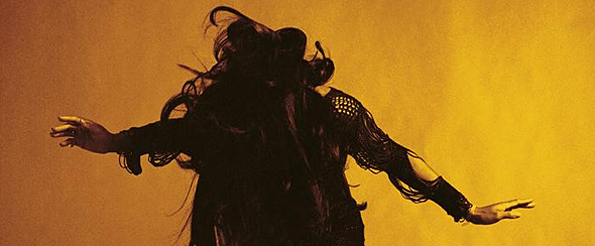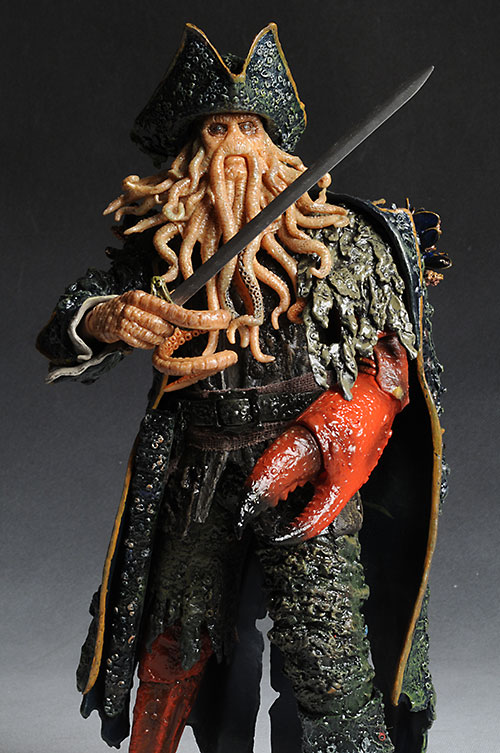

Hirut’s consistent refusal to part with her dead father’s rifle stresses her resolve to protect her land from the invaders and at the same time, break free of the role her society traps her in. Thus, both Hirut and Aster defied Kidane’s and Carlo’s notions of how Ethiopian women should behave, especially in times of war. Mengiste does a beautiful job of giving every character a significant voice, regardless of the side of history they fell on. “ What are these women? What do you breed in this country?” were his stunned reactions. Similarly, Carlo, who has grown accustomed to faccetta nera, a song which was composed by Renato Micheli and that heavily sexualizes the Ethiopian woman, could not wrap his head around native women soldiers invading his camp. This highlights how patriarchy and misogyny are so intricately woven into our societies. He could not fathom women taking up arms and not once does he think of their safety as an excuse for his refusal.

It doesn’t then come as a surprise when Kidane vehemently refuses military aid from Hirut and his wife, Aster. Hence, for both men, war means fear but also thrill. For men like Carlo Fucelli, an officer in the Italian army, the second invasion is also a chance to rewrite history and redeem the victory his ancestors lost in the first war. For men like Kidane, the looming second invasion is his chance to protect his country, but also to make his father and ancestors proud. Mengiste describes, in poetic detail, the emotions of the lead male characters, on both sides of the war, when they remember Italy’s first invasion. The Ethiopian women are not simply pretty black faces they fought for their country and dismantled the Italian’s idea of what women should look like. I think Mengiste does this to humanize the Italian invaders in this story in a way that they did not humanize the Abyssinians in reality. Mengiste renders every single character, invader and resister alike, with great nuance, making it difficult to pass easy judgment. Instead, Mengiste focuses on portraying the lives and emotions of the characters before, during, and after the war. Although the book gets its name from Hirut’s initiative to disguise a gentle peasant as the Emperor when Emperor Haile Selassie flees the nation, this is not the main focus of the story. While the novel opens with an epilogue set in 1974, most of the story is set in 1935 Ethiopia, around the start of the second Italo-Ethiopian war. However, a closer look reveals that The Shadow King is the story of what people’s lives look like during war. The Shadow King by Maaza Mengiste | Historical Fiction | Canongate | 428 pages | Review by Aishat YusuffĪt first glance, Maaza Mengiste’s The Shadow King appears to be a story about Hirut a recently orphaned woman trying to adapt to life at the household of a trusted family friend, Kidane, an officer in Emperor Haile Selassie’s army. But I'm pretty sure- The Shadow.“In wars, somewhere, a woman is always weeping” Certainly not a milestone in film history, but a good and entertaining flick to watch with a bag of popcorn and a girl to hold in your arms during the scary moments.

Along with _The Rocketeer_, this one's also one of the unfortunately widely underrated films. Drawback: Beside the intentional jokes ("I'm not interested in your balls."), some takes just seemed to be unintentionally funny- perhaps they went a little too far in trying to create a gloomy atmosphere. It was awesome to watch, and at the same time a bit chilling and frightening. But most of all: Kudos to the production design/special effects/makeup team! They did a superb job in transforming the Shadow's 'invisibility' (as well as his overall looks) from a radio idea to the screen. The gimmicks and gadgets are neat, Tim Curry as the half-villain is entertaining to watch as always (though he overdoes it a bit at times), the script is well-paced, the action is staged superbly, the music is gripping. Baldwin is cool of course his demi-dark side begs for a comparision to Batman, but I think Baldwin wins in terms of credibility and depth of character. (I used the opportunity to check out some old recordings on the web, and it's _awesome_ to listen to!) So, German audiences will just walk into the theatre without any proconceived ideas about how it should be, expecting just any other adventure movie. A short comment about this movie from a German point of view, which may make a difference when we're talking about radio plays/comics adapted to the silver screen: "The Shadow" as a radio play is virtually unknown around here.


 0 kommentar(er)
0 kommentar(er)
